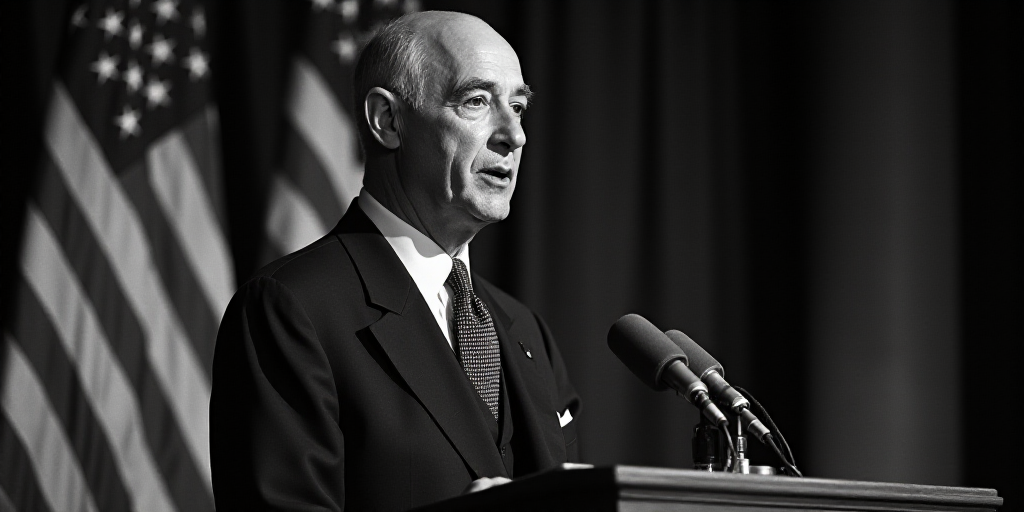Background on Key Figures and Institutions
The ongoing tension between U.S. President Donald Trump and Federal Reserve (Fed) Chair Jerome Powell has escalated, with Trump threatening to remove Powell from his position. This move would question the independence of the U.S. central bank.
Jerome Powell, an appointed independent official, serves as the 16th Chair of the Board of Governors of the Federal Reserve System, leading the U.S. central bank since February 2018. His term ends in February 2026, with a possibility of reappointment for another four-year term.
Trump’s Pressure on the Fed
Even before Trump’s trade war impacted the U.S. economy, he insisted that the Fed lower interest rates to boost growth. However, Powell’s determination to make decisions based on economic data rather than political pressure has increased Trump’s frustration.
On a recent Thursday, Trump warned Powell, stating, “If I want him to go, he will leave very quickly. Believe me.” Powell, in response, dismissed the possibility of leaving his post early and emphasized that the Fed’s independence is “guaranteed by law.”
Experts’ Views on the Implications of Trump’s Pressure
Most experts agree that Trump lacks the legal power to remove Powell or any principal Fed members. A serious threat could come through a pending lawsuit challenging a 1935 precedent that prevents the U.S. President from dismissing independent agency heads.
However, even if successful in such a case, the White House would still face another hurdle: bond market reaction. Recent market turbulence caused by Trump’s trade war led to a sharp rise in U.S. public debt yields and a fall in the dollar, prompting Trump to temporarily suspend some tariffs.
Potential Consequences of Fed Policy Changes
Many experts believe that Trump’s broad tariff increases could, at least in the short term, slow economic growth and raise prices. This would push the Fed further away from its 2% annual inflation target, necessitating prolonged high-interest rates.
“They will clash,” estimated Stephanie Roth, Chief Economist at Wolfe Research. “However, the Fed won’t succumb to political pressure.” Roth added that if the Fed reacted to Trump’s demands for rate cuts, it would be “a recipe for disaster.”
The Importance of Fed Independence
Most analysts concur that the Fed’s independence is crucial for maintaining a stable monetary policy, free from political influence. Any attempt to undermine this independence could lead to market instability, as demonstrated by the recent bond market reactions to Trump’s trade war actions.
Key Questions and Answers
- What is the current tension between Trump and Powell about? Trump is pressuring Powell to lower interest rates, which Powell believes should be based on economic data rather than political pressure.
- What legal powers does Trump have to remove Powell? Legal experts agree that Trump lacks the power to directly remove Powell, as the Fed’s independence is guaranteed by law.
- What are the potential consequences of Fed policy changes due to Trump’s pressure? Experts warn that such changes could slow economic growth, raise prices, and force the Fed to maintain high-interest rates for longer periods.
- How might the bond market react to a potential conflict between Trump and the Fed? The bond market has shown sensitivity to recent trade war-induced turbulence, potentially influencing both Trump’s actions and Fed policy decisions.






